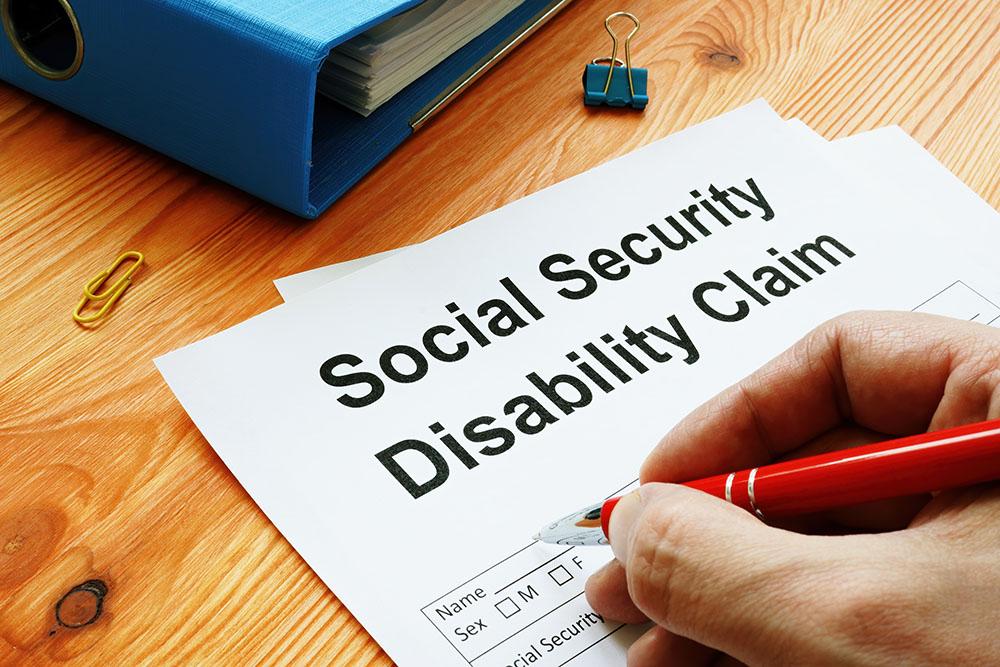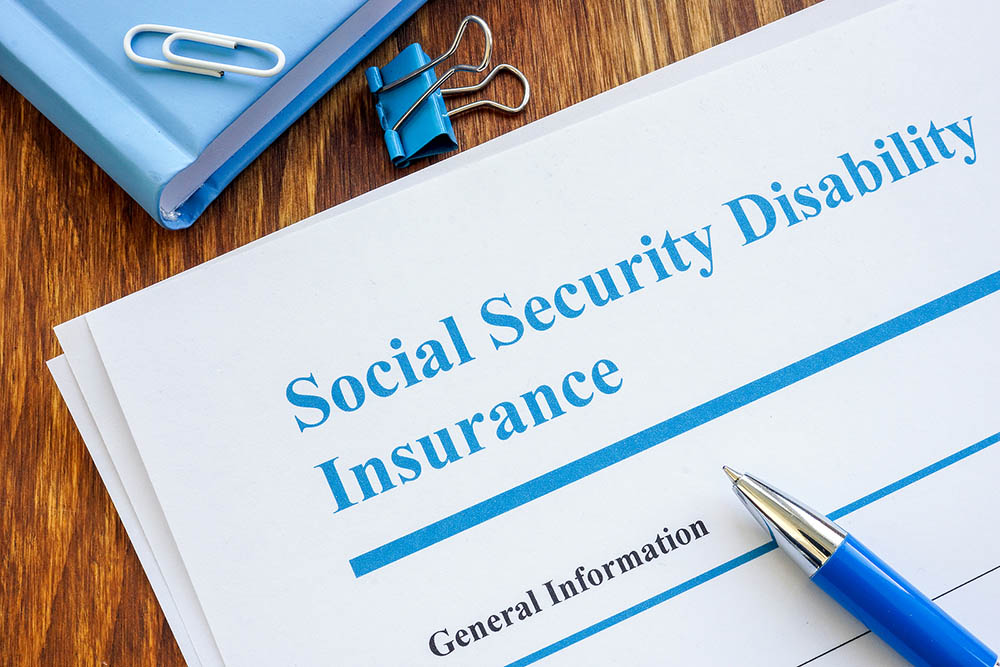Sexual abuse in educational institutions is a grave issue that affects many students and their families. Knowing the legal pathways available can help victims seek justice and start the healing process. It’s important for victims to understand their legal rights and what steps they should take immediately after an incident.
In the following sections, we will explore understanding legal rights, immediate steps to take after an incident, legal options for pursuing justice, and the importance of legal support and advocacy. Familiarizing yourself with these aspects can make a significant difference in how a case is handled and its eventual outcome.
Understanding Legal Rights After Experiencing Abuse
When a student experiences sexual abuse in an educational institution, understanding their legal rights is crucial. Victims have the right to be safe and secure in their learning environment. They also have the right to hold individuals and institutions accountable for their actions.
Title IX is a federal law that protects students from sex-based discrimination in educational programs. Under Title IX, schools must address and remediate instances of sexual harassment and abuse. Victims can file complaints with their schools, which are required to investigate and take necessary actions to ensure safety.
Additionally, victims have the right to pursue legal actions through civil courts. They can file lawsuits against the perpetrator and the institution if it failed to take proper precautions or mishandled the situation. Seeking legal advice can help victims understand the full scope of their rights and the actions they can take to seek justice.
Steps to Take Immediately After the Incident
If you have experienced sexual abuse, taking immediate steps can help protect your rights and build a strong case. Here are some important actions to consider:
1. Seek Safety: The first priority is to get to a safe location. Ensure you are no longer in immediate danger.
2. Report the Incident: Notify a trusted authority figure, like a teacher, school counselor, or the school administration. Reporting the incident helps start the official process of investigation and support.
3. Document Everything: Write down every detail you can remember about the incident. Include dates, times, locations, and any witnesses. Save any physical evidence, like clothing, and avoid washing or altering them.
4. Get Medical Help: Visit a healthcare provider for a thorough examination. Medical professionals can treat any injuries and collect forensic evidence, which can be crucial for your case.
5. Seek Emotional Support: Talking to a counselor or therapist can be beneficial. Emotional support is important to help cope with trauma and anxiety.
6. Contact Authorities: Depending on the severity of the abuse, you might want to contact local law enforcement. They can assist with the legal process and ensure the proper steps are taken to address the abuse.
Taking these steps immediately after an incident can ensure you have the necessary support and evidence to strengthen your case. It also helps in establishing the incident officially, which is vital for any legal actions you might pursue later.
Legal Options for Pursuing Justice
Victims of sexual abuse in educational institutions have several legal options to pursue justice. Understanding these options can help victims make informed decisions about their next steps.
1. School Complaints: File a complaint with the school’s Title IX coordinator. The school is required to investigate and take appropriate actions to address and prevent further abuse. Keep a record of all communications and proceedings.
2. Civil Lawsuits: Victims can file a civil lawsuit against the perpetrator and the school if it failed to protect them. Civil cases can result in compensation for medical expenses, emotional distress, and other damages. Consult a qualified attorney to discuss your specific case and the best legal strategy.
3. Criminal Charges: Reporting the abuse to law enforcement can lead to criminal charges against the abuser. Police investigations and criminal trials can lead to the abuser facing jail time and registering as a sex offender. This legal route not only seeks justice but also helps protect others from potential harm.
4. Protective Orders: Victims can obtain protective orders to restrict the abuser’s contact with them. This can be especially important in a school setting to ensure the victim’s safety and peace of mind.
Each legal option has its own processes and potential outcomes. Victims should consider consulting with legal professionals to understand which options best suit their situation and how to proceed effectively.
Importance of Legal Support and Advocacy
Legal support and advocacy play a vital role in helping victims of sexual abuse navigate the complex legal system. Having an experienced attorney on your side can make a significant difference.
Lawyers help victims understand their rights and the legal processes involved. They provide guidance on the best course of action, whether it’s filing a school complaint, pursuing a civil lawsuit, or pressing criminal charges. An attorney’s expertise ensures that victims are not alone in their fight for justice.
Advocates also offer emotional and procedural support. They can assist with gathering evidence, preparing for court, and providing a sense of security. Advocacy services might include connecting victims with counselors or support groups to help cope with the trauma of abuse.
Additionally, legal professionals can push for broader changes within educational institutions. They can advocate for better policies, stricter safety measures, and more effective prevention programs. This systemic change benefits not only individual victims but also helps create a safer environment for all students.
Conclusion
Seeking justice after experiencing sexual abuse in educational institutions is a challenging yet important journey. Understanding legal rights, taking immediate steps, exploring legal options, and obtaining legal support are crucial steps in this process. Educational institutions must be held accountable, and victims deserve justice and support as they navigate their recovery.
If you or a loved one has experienced sexual abuse in an educational institution, don’t hesitate to seek legal support from sexual abuse lawyers. Greg Jones Law, P.A. is here to help you navigate your legal options and fight for justice. Contact us today for expert guidance and compassionate support in your journey toward healing and justice.




